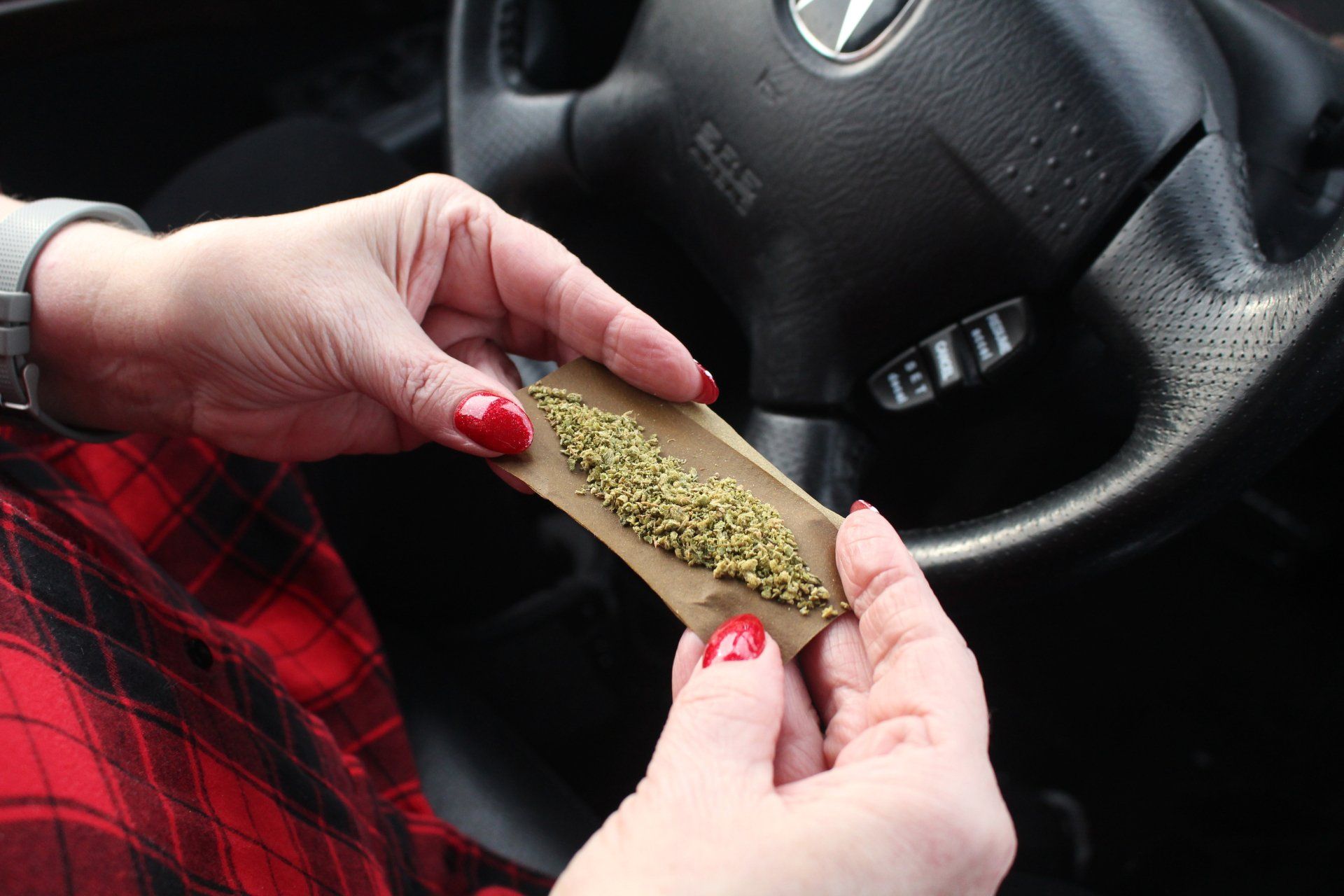Defending against DWI charges starts when you’re pulled over
Even though a police officer must have probable cause to pull you over, this doesn’t always happen. You could soon find yourself on the side of the road, waiting for the officer to approach your window. If they suspect that you’re under the influence of alcohol, they’ll do whatever they can to unearth enough information to put you under arrest.
Protecting against drunk driving charges starts when you’re pulled over. Here are some things to keep in mind:
- Saying too much is a bad thing: You can verbally communicate with the officer, but stop short of saying anything that raises suspicions. For example, the officer may ask you where you’re going, where you’re coming from or if you’ve been drinking. If you slip up, such as admitting that you “only had one drink,” the officer has more reason to believe you’re under the influence.
- Field sobriety tests aren’t always accurate: If you’re taking a field sobriety test, make sure you know exactly what the officer is asking you to do. This improves the likelihood of passing and moving on with your evening. However, even if you fail, it doesn’t necessarily mean you’re under the influence of alcohol.
- Don’t resist arrest: Should the officer believe you’re under the influence, they’ll put you under arrest and transport you to a local police station. Remain quiet during this time, as anything you say can cause you problems when your court date arrives. Also, you shouldn’t resist arrest, as doing so could lead to more criminal charges.
Once you’re released, you can continue to take steps to protect yourself. For example, revisit the details of your arrest as doing so will help you decide what type of defense strategy is best. You should also understand your charges. For example, is it your first offense? Did you have a child in the car when you were arrested? Are you under the age of 21? Did you violate any other laws?
You have the legal right to defend yourself against drunk driving charges. Take an active role in learning more about your charges and deciding what you can do to minimize the impact on your life.










